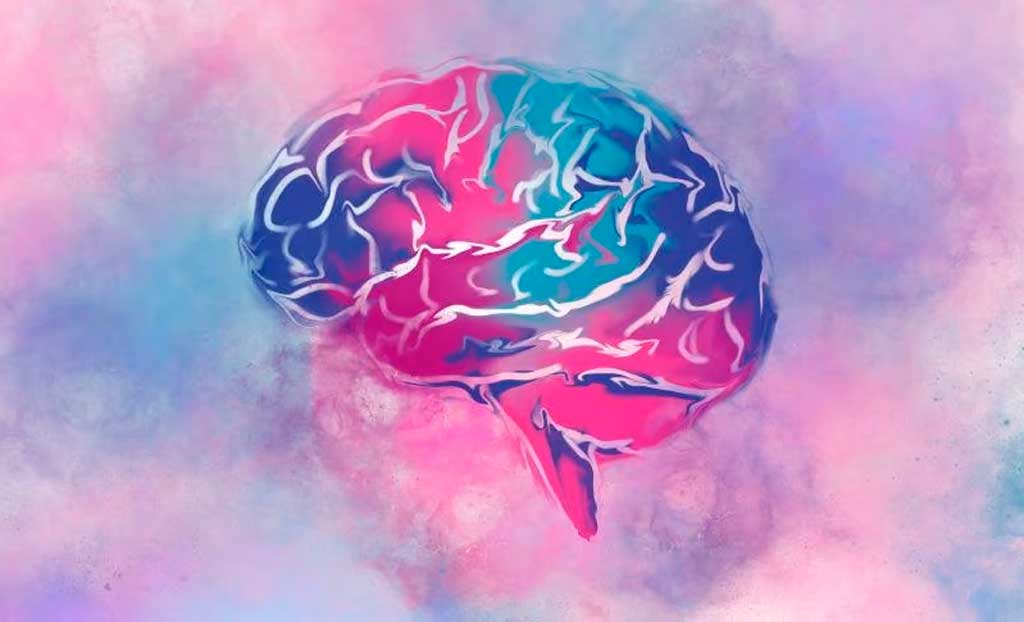
Washington, Oct 15.- Finnish researchers discovered that the everyday effects of sleep, exercise, heart rate and mood could remain in the brain for more than 15 days, published in the journal PLOS Biology.
To reach this conclusion, experts from the universities of Aalto and Oulu, in Finland, tracked a person's brain and behavioral activity for five months using brain scans and data from wearable devices and smartphones.
They found that brains do not respond to daily life in isolated, immediate bursts, but rather that brain activity evolves in response to sleep patterns, physical activity, mood, and breathing rate over many days.
This suggests that even a workout or a sleepless night last week could affect the brain well into the next.
The research also revealed a strong link between heart rate variability and brain connectivity, particularly during rest.
According to scientists, this suggests that impacts on our body's relaxation response, such as stress management techniques, could shape the wiring of our brain even when we are not actively focused on a task.
They further discovered that physical activity positively influences the way brain regions interact, which could affect memory and cognitive flexibility.
Even subtle changes in mood and heart rate left lasting marks for two weeks.
The researchers identified two distinct response patterns: a short-term wave that lasts less than seven days and a long-term wave that lasts up to 15 days.
The first reflects rapid adaptations, such as how concentration is affected by lack of sleep, but recovers quickly.
For its part, the long wave suggests more gradual and lasting effects, particularly in areas linked to attention and memory. (Text and Photo: PL)